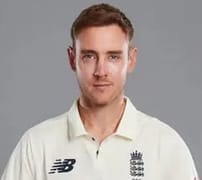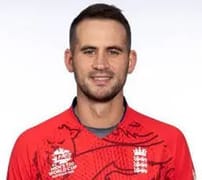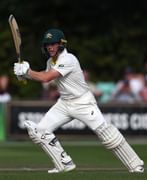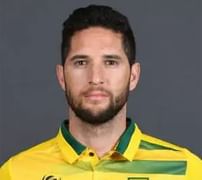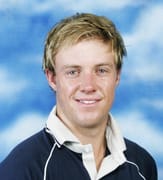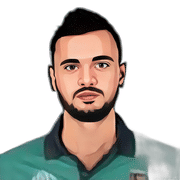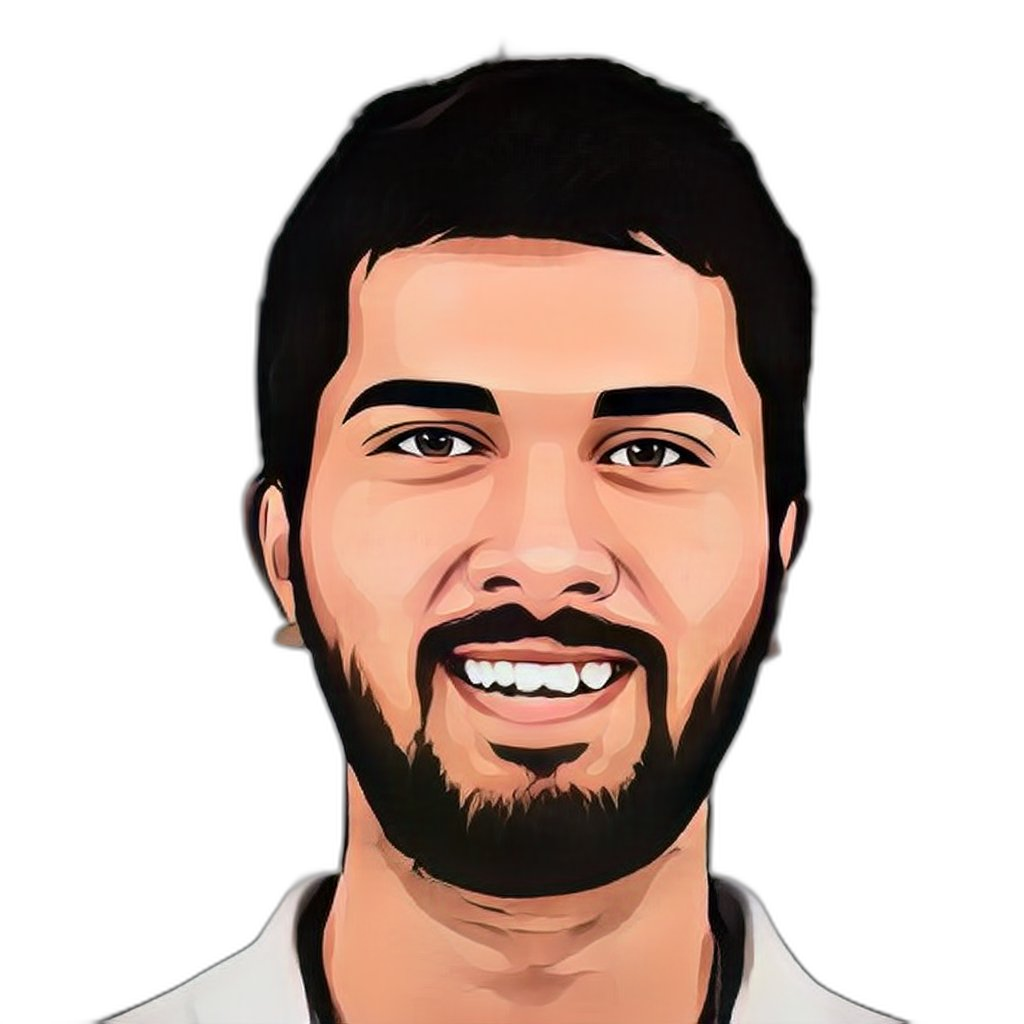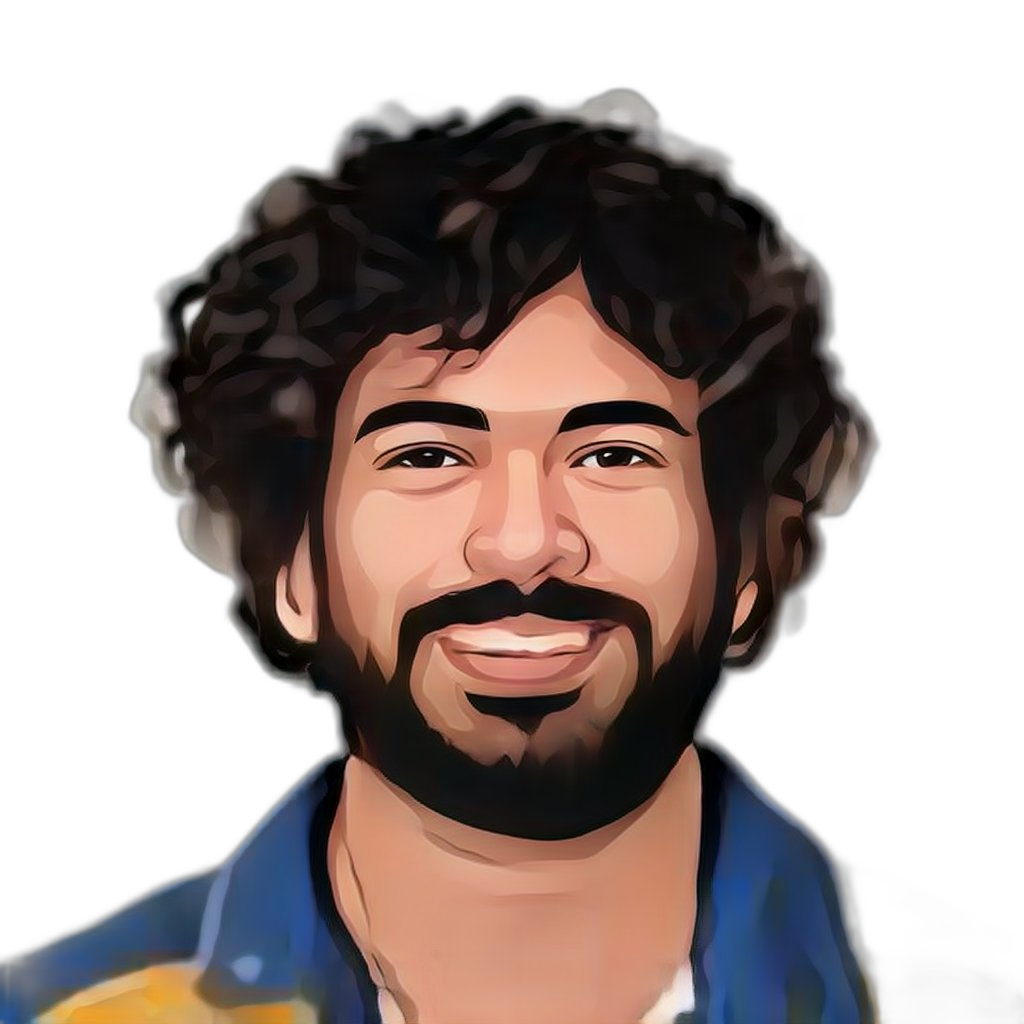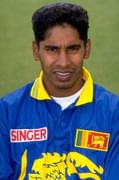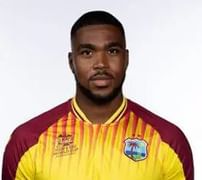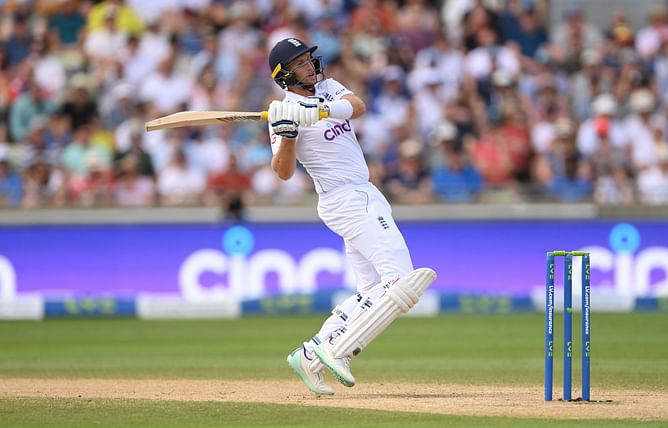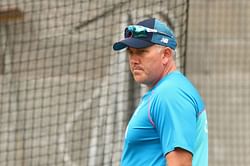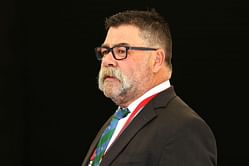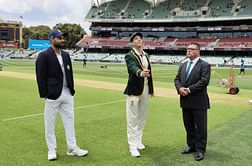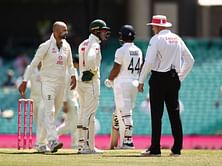Personal Information
| Full Name | David Clarence Boon |
| Date of Birth | December 29, 1960 |
| Nationality | Australian |
| Role | Elite Panel of ICC Referees, Right-handed batsman (former) |
Popular Players
David Boon: A Brief Biography
David Clarence Boon is a former Australian cricketer whose career with Tasmania more than two decades. The right-handed batsman and a very occasional off-spin bowler, he played First-class cricket for Tasmania and county side Durham.
Born on 29th December 1960, After his professional career as a cricketer, Boon went on to become a member of the Cricket Australia selection board.
After featuring in 100 matches as both a test and One day International level for the Aussies, he became only the 12th person to serve as a match referee in 100 One Day International cricket matches.
Background
During the 1978-79 season, Boon made his first-class debut for Tasmania during the state's second season of Sheffield Shield cricket aged just 17. He played an important role in Tasmania’s 1978–79 Gillette Cup triumph. The series of impressive performances got him the international cap after five seasons since making his domestic debut.
Debut
On 12th February 1984, Boon made his debut in the 3rd Final of the Benson & Hedges World Series Cup at Melbourne. He came in a one down batsman and scored 39 runs of 71 balls before being bowled by Davis as Australia lost the finals by 6 wickets and the tournament losing 2-0 in the best of three finals.
Nine months later he made his debut in the longest format of the game when Australia faced West Indies at Brisbane on 23rd November 1984. He scored a half-century in the second innings which went in vain as Australia lost by 8 wickets.
He was drafted into the Ashes squad but failed to impress the crowd or the selectors, he could only cross the 50 run mark only once in four test matches.
Rise to glory
He returned to the team for the 1985–86 home Test series against New Zealand after being dropped midway in the Ashes series. Boon batted at number three and scored with 81 in the second innings of the second Test at Sydney as Australia were able to chase the target.
Due to the vacancy left by Kepler Wessels in the mid-summer, Boon was promoted as an opener for the Test series against India. He scored 123 from 255 balls in his first match as an opener. In the third test of the series at Sydney, he scored 131 making the spot as his. Australia, however, struggled as they drew all three tests.
On April 1987, Boon returned to the ODI team for the Sharjah Cup tournament. Australia continued struggling as they lost all three matches. Boon was one of the few good things for the men in Yellow as he scored 71, 62 and 73 which got him a place for the fourth World Cup later in the year. Smashing 447 runs at an average of 55.87 was a major contribution to Australia's first World Cup victory.
In the semi-final, he made 65 against joint-hosts Pakistan and won led his team from the front in the final for his 75 from 125 balls which secured him the player of the match award.
In January 1988, he made 184* in the second innings of the Bicentennial Test against England to help Australia recover from a losing position and was awarded the player of the match award. He was later voted the International Cricketer of the Year as the best performer over for Australian in the 1987-88 season.
He was again playing in the number 3 batsman for the 1989 Ashes due to the inclusion of Mark Taylor. He scored a total of 442 in that series with an average of 55.25 as Australia regained the Ashes 4–0.
Low points
According to famous Ashes myth, David Boon held the record of drinking 52 cans of beer in a flight trip to England to play the 1989 Ashes. He later became the brand ambassador of Victoria Bitter.
In 1995, He was a part of the squad that famously won the Frank Worrell Trophy in the Caribbean. He, however, could cross the 50 run mark only once.
In the 1995–96 series against Pakistan, he made a subpar 110 runs in five innings as speculations about his place in the squad were becoming stronger.
Club career
He featured for Tasmania from 1979 till 1999 where he played the last of his 139 first-class games for Tasmania in which he scored 9,077 runs at 41.44 average with 22 centuries. He led the side on 57 occasions where they won 13 and lost 25 matches.
Honors
In the year 1989, he was made a Member of the Order of the British Empire. Then in 2005, he was Inducted into the Sports Australia Hall of Fame and was inducted into the Australian Cricket Hall of Fame in 2017.
Retirement
During January 1996, in the second Test against Sri Lanka, he hit 110 and announced his retirement from the game after the Third and the final test at Adelaide. He scored 43 and 35 in his final International match as they won the match by 148 runs. He retired from domestic cricket in 1999 where he last played for English county side Durham and Australia’s Tasmania.


















